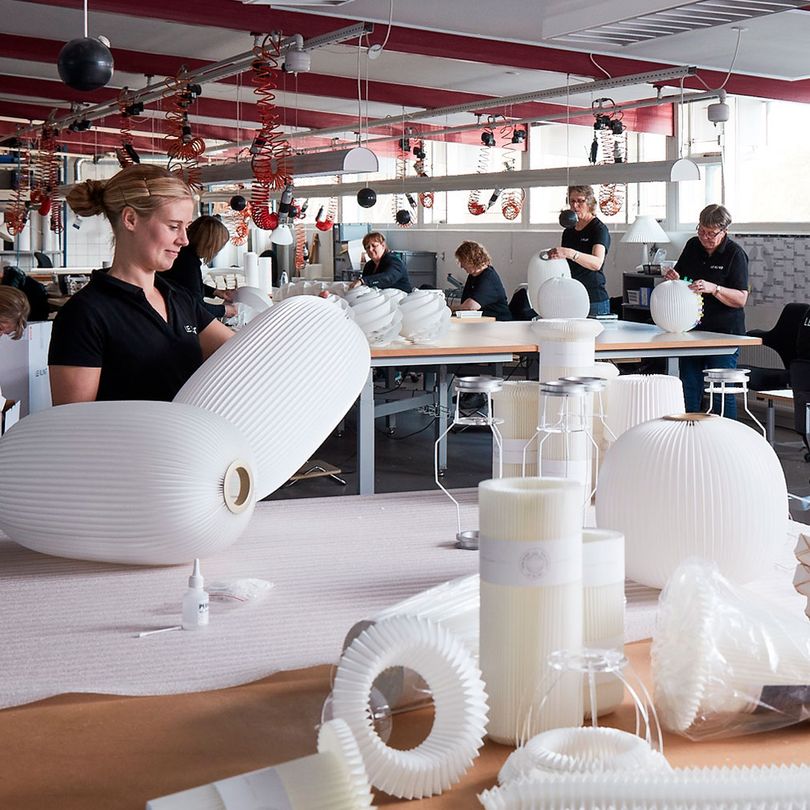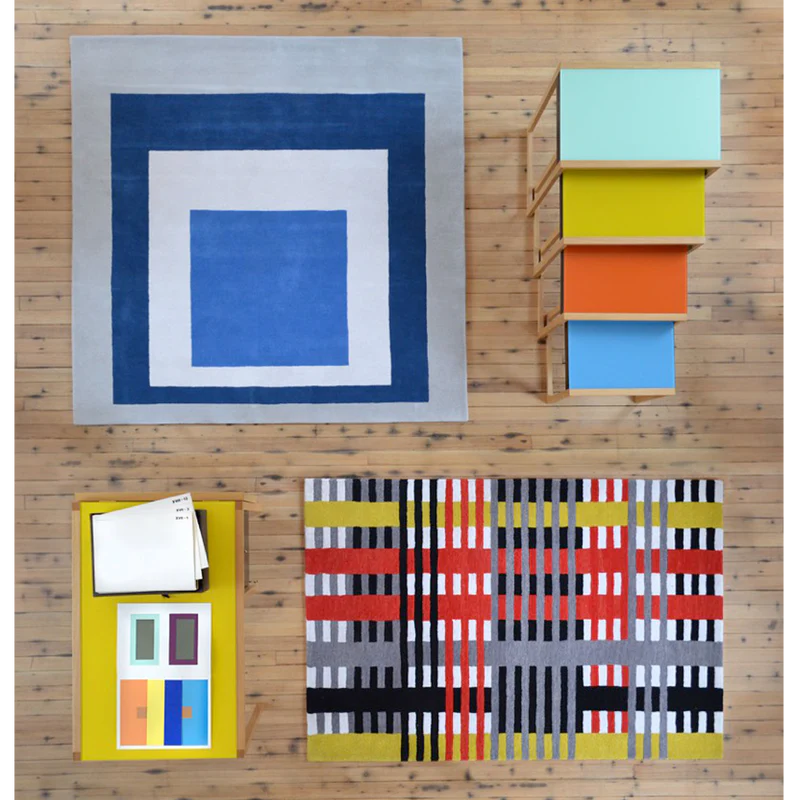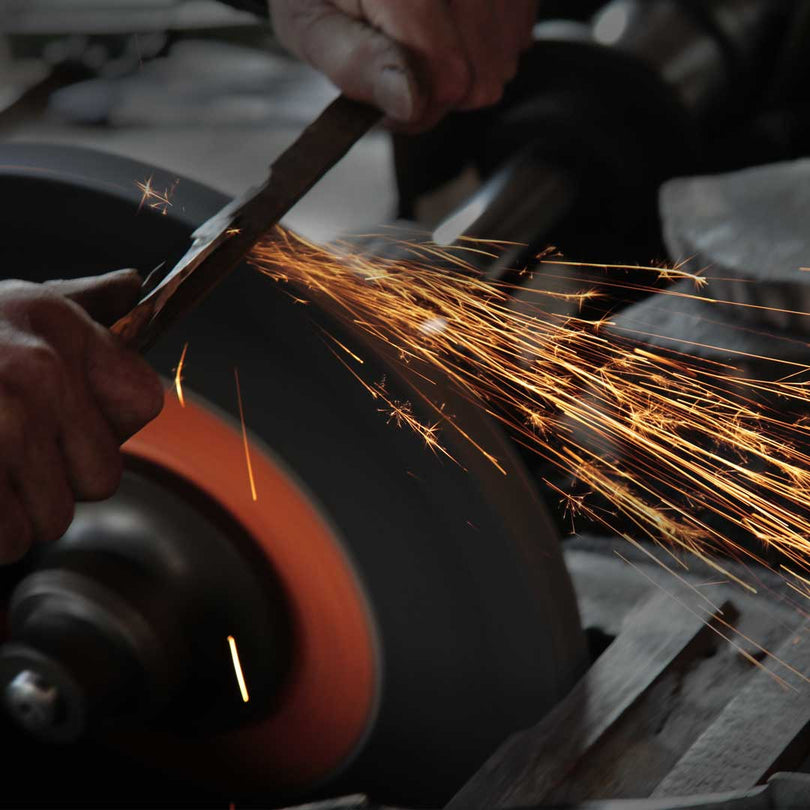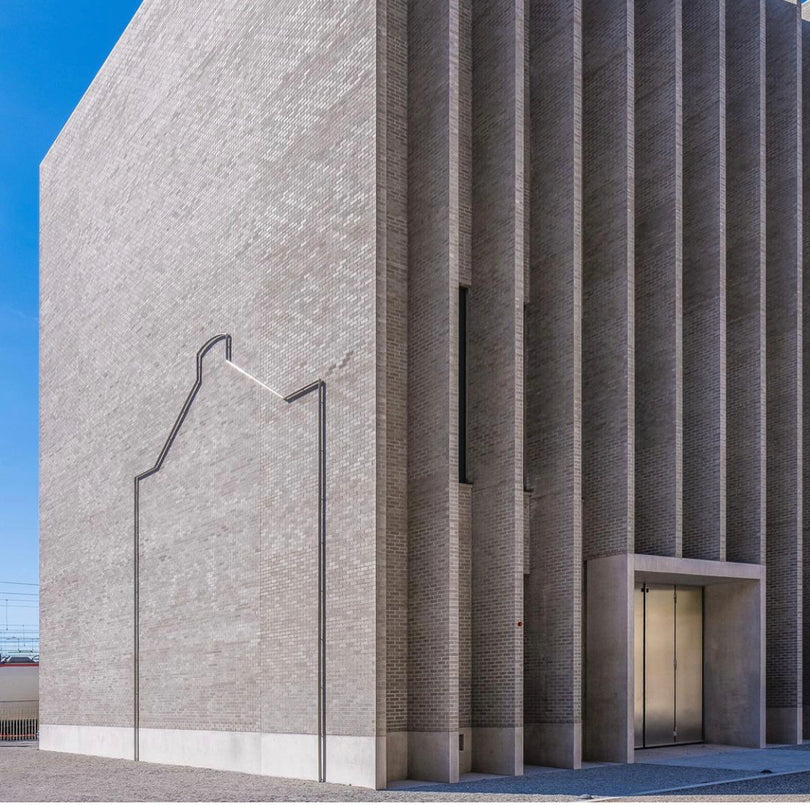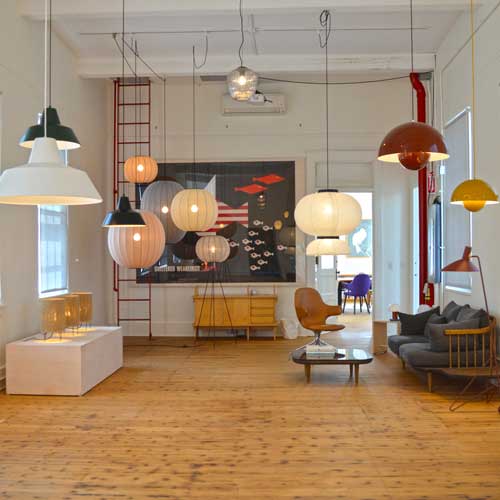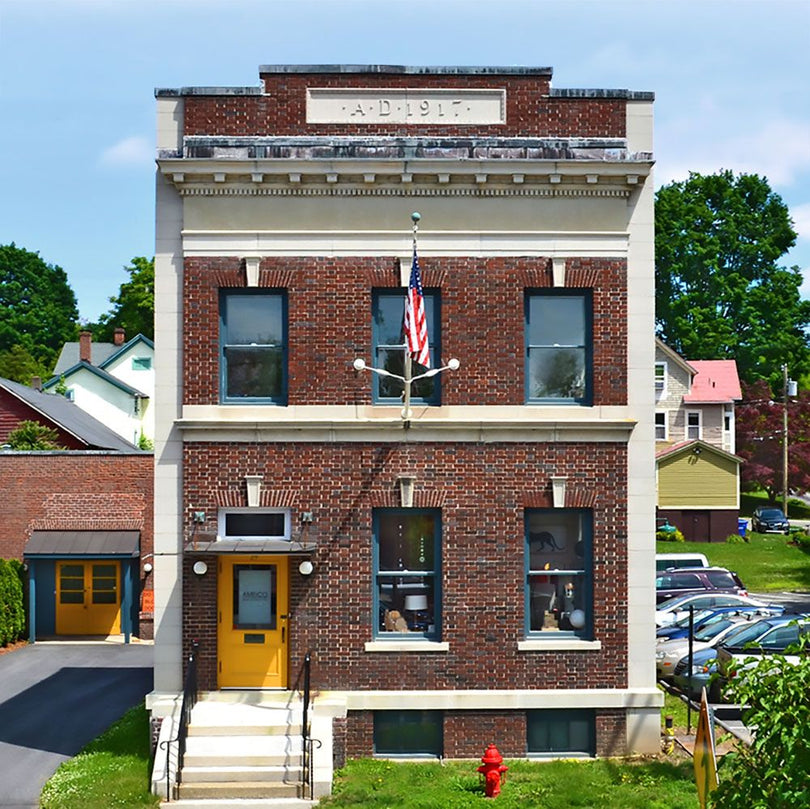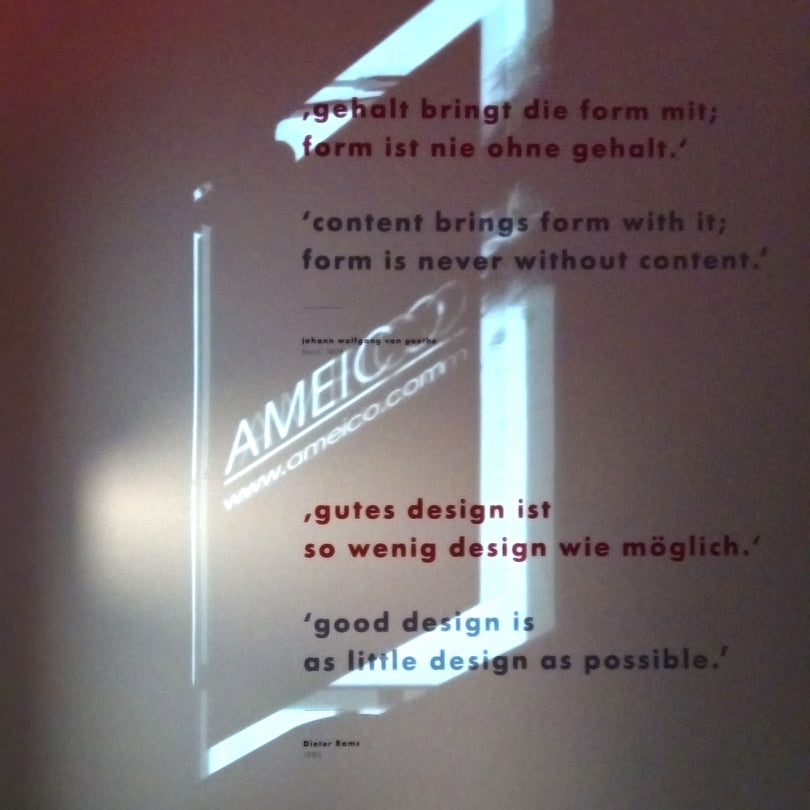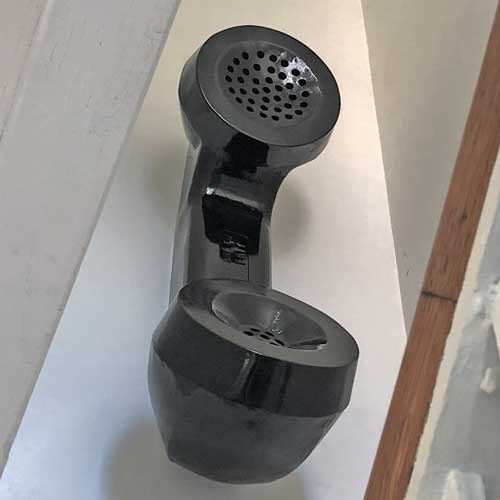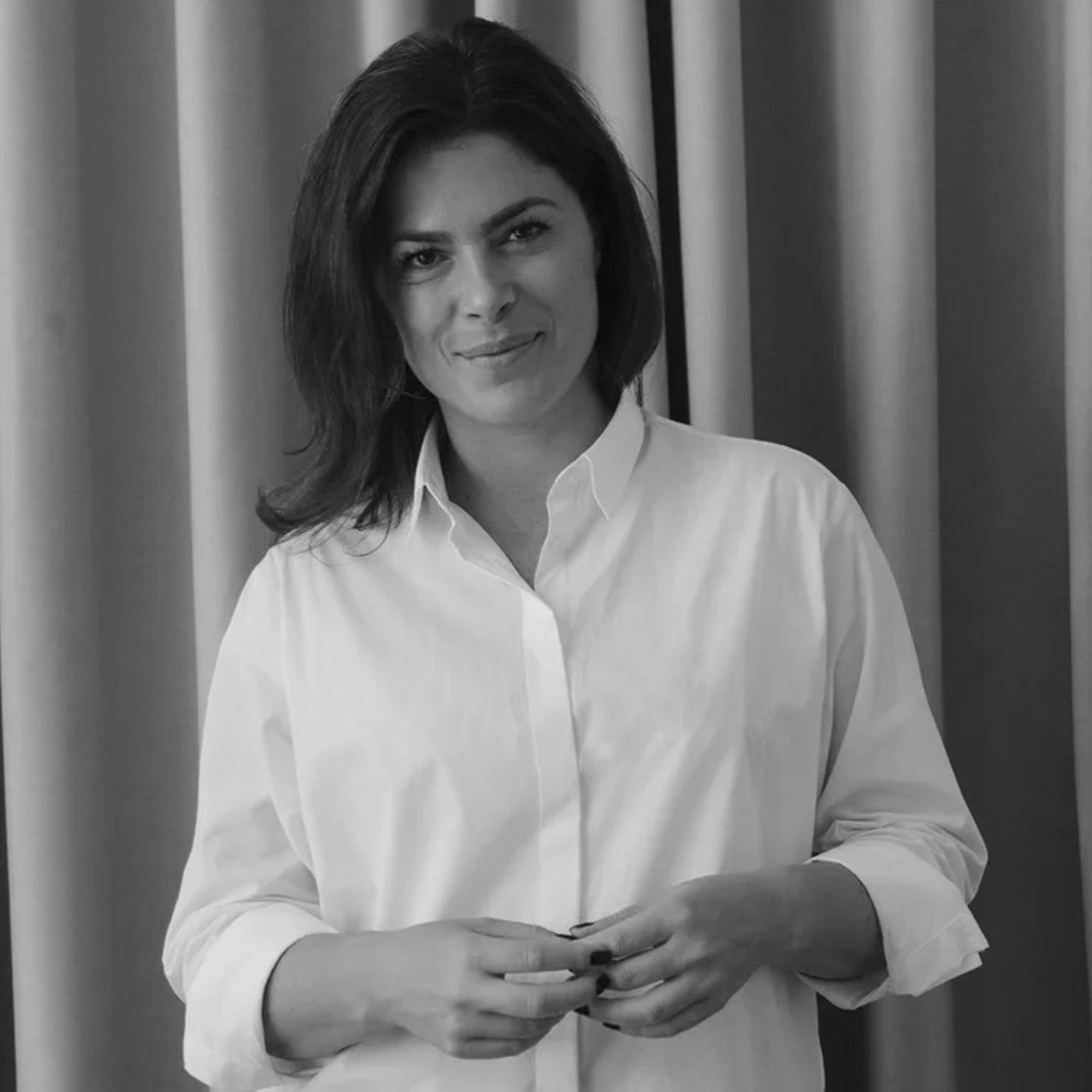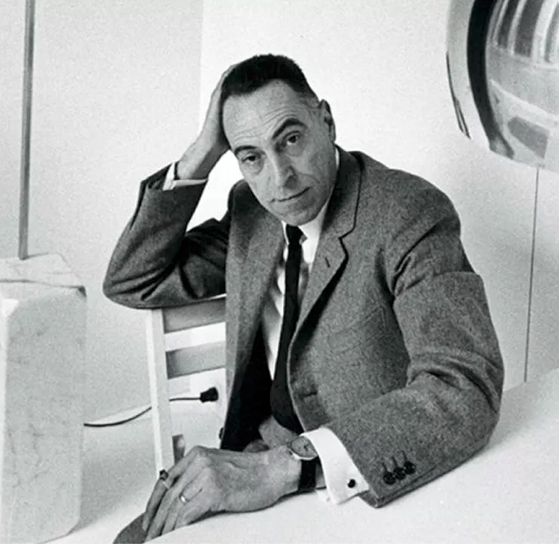Antonia Campi
Antonia Campi (1921-2019) was an Italian artist and ceramicist. Campi studied sculpture under Italian sculptor Francesco Messina at the Accademia di Belle Arti di Brera in Milan. In 1947 she decided to work with pottery fired at high temperature as a means of her expression, and some of her drawings were selected for the Diomira prize at the Galleria Del Milione in Milan.

In 1948, she joined the Società Ceramica Italiana based in Varese. In 1951, she created a monumental ceramic Panel for the main entrance of the IX Triennale di Milano where it was displayed with an exceptional light sculpture, Concetto Spaziale designed by Lucio Fontana.



In 1956, Antonia Campi left the Società Ceramica Italiana and concentrated purely in creating new ceramic designs. In the same year, she received a nomination for the Compasso d’Oro for various types of metallic utensils such as the Italicus Poultry Shears model 397 that are part of the permanent exhibition of the MoMA of New York.

In 1971, after the death of ceramicist and furniture designer Giovanni Gariboldi, Antonia Campi became the Director of the Centro Artistico SCI Richard-Ginori, of the famed Richard-Ginori pottery shop established in 1735, and where Gio Ponti collaborated from 1923 until 1938.


In 1998, the Museo lnternazionale del Design Ceramico, in Cerro Laveno near Como, dedicated a retrospective on Antonia Campi, and assisted in the publication of the catalogue “Antonia Campi: Antologia ceramica 1947-1997” written by Enzo Biffi Gentili, and published by Electa. In 2011, Antonia Campi was awarded the Compasso d”Oro price for her lifetime contributions to design. Her ceramic, porcelain and metal work can be seen in the collections of the Museo lnternazionale della Ceramica in Faenza, the Civica Galleria d’Arte Moderno in Gallarate, the Victoria and Albert Museum in London, the Montreal Museum of Decorative Art, the MoMA in New York, the Staatliches Museum in Munich, and the Museum of Modern Art in Philadelphia.

